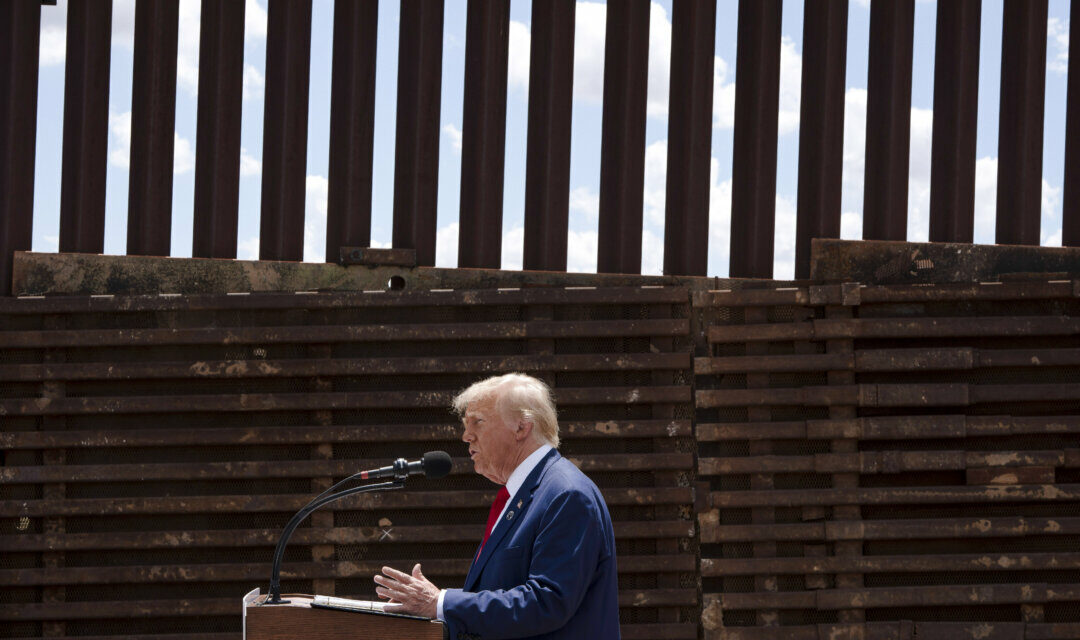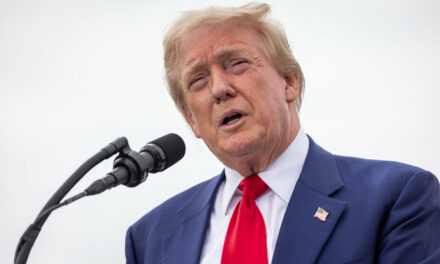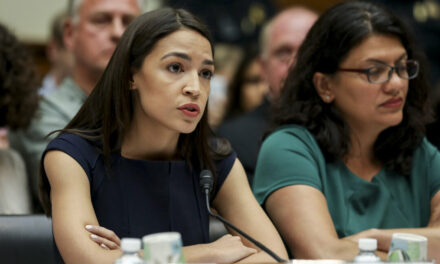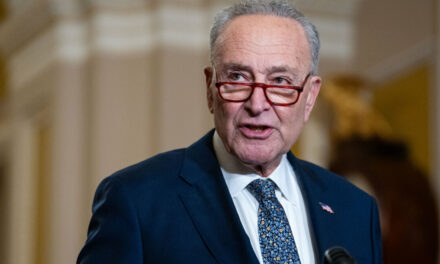We support our Publishers and Content Creators. You can view this story on their website by CLICKING HERE.
The two-step strategy would follow a border bill with a second piece of legislation tackling other issues, including taxes.
The House Freedom Caucus has endorsed a two-track approach to advancing President-elect Donald Trump’s agenda amid some Republican division over the reconciliation process. The conservative bloc is pushing for an initial bill to address border security followed by a second one to tackle other policy priorities including taxes.
“It is our understanding that President Trump’s closest advisors and experts on the border believe they must have immediate resources to begin to undo the damage caused by the Biden administration, secure the border, and start removals and repatriations on day one,” they wrote.
Republicans plan to fast-track their agenda using budget reconciliation, a process that bypasses the Senate filibuster and requires only 50 votes for budget-related bills, unlike the usual 60-vote threshold. This is seen as key to advancing Trump’s agenda quickly as Republicans will hold a 53–47 voting majority in the Senate.
The second, larger reconciliation bill would cover “taxes, spending, energy, bureaucracy, and more,” the letter said.
Trump’s campaign pledge to secure the border includes deporting illegal immigrants, beginning with convicted criminals and those who have been issued final orders of removal by an immigration judge.
With estimates of the illegal immigrant population in the United States ranging from around 11 million to 21 million, the deportation initiative would be a massive undertaking needing considerable resources. Plans for this effort involve significant increases in personnel, including U.S. Immigration and Customs Enforcement (ICE) officers and border agents, as well as expanded funding for detention facilities, operational technology, and border infrastructure.
Some Republicans have raised concerns about the feasibility of advancing multiple major legislative packages in a single year through budget reconciliation, citing historical challenges and the narrow majority in Congress. Others emphasize the urgency of addressing tax policy to avoid potential voter dissatisfaction or tax increases when the 2017 cuts are set to expire at the end of 2025.
Smith argued that extending the tax cuts is a key voter priority and so should be taken up first as leaving it for later raises the risk that the 2017 tax cuts will expire if “Congress doesn’t act appropriately.”

 Conservative
Conservative  Search
Search Trending
Trending Current News
Current News 












